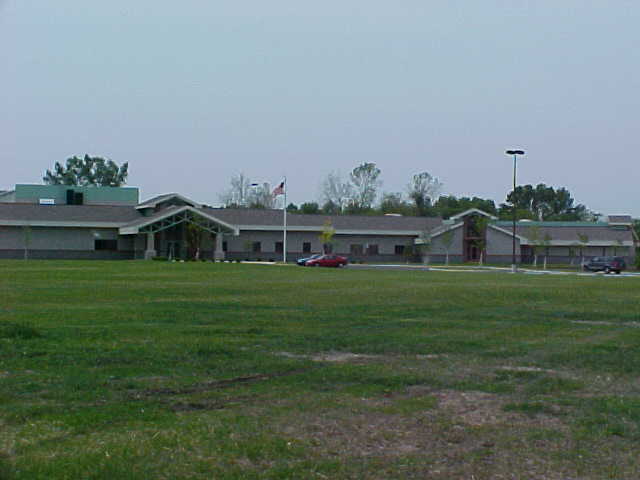The Buffalo Legal Aid Bureau, a not-for-profit organization, has made an offer to assist Erie County in managing the escalating costs of providing legal representation for the economically disadvantaged within the criminal and family legal system. Representatives from the bureau sparked discussions with county officials, suggesting their capabilities to supervise a greater number of cases than they presently oversee.
This suggestion was propelled by news of County Executive Mark Poloncarz seeking alternative solutions to the existing Assigned Counsel Program, whose expenses have surged due to an increase in statewide hourly pay scales for designated attorneys. The Legal Aid Bureau is confident in delivering a more cost-effective, superior, and streamlined system for handling these cases.
At this moment in time, the bureau manages approximately 29% of all legal cases involving indigent defense within the county. They put forward the view that with their present team, they could assume responsibility for a larger number of cases from the Buffalo City Court and the Family Court.
The bureau has also shown willingness to represent defendants in town and village courts, yet this would necessitate the recruitment of additional attorneys and supporting administrative personnel. Currently, the attorneys who work under the Assigned Counsel Program receive significant remuneration, especially those providing legal representation to impoverished individuals and those claiming an inability to afford legal counsel.
Interestingly, close to 90% of criminal defendants within Erie County’s courts are represented at the expense of taxpayers, maintaining they lack the financial means to hire their own attorneys. The remuneration of bureau attorneys begins in the lower $80,000 range with none exceeding $115,000 within their criminal law department.
Each attorney within the bureau is entrusted with a significant number of cases. Yet, despite this, the bureau continues to assert that their operational model could lead to substantial savings in county expenditures when compared to the present cost structure.
The operational cost of the county’s Assigned Counsel Program saw a marked increase between the years 2022 and 2023. The program’s director attributes the rise in costs to an impressive statewide raise in hourly pay for assigned attorneys, which exceeded 100% and was implemented in April of 2023.
These increasing expenditures are subsequently borne by state and county taxpayers. The contrast between this and the Legal Aid Bureau is noteworthy; the bureau’s attorneys are unionized and are recipients of benefits.
It’s important to note that the Legal Aid Bureau has its roots as a not-for-profit entity dedicated to serving the indigent since 1912. This robust organization boasts approximately 150 employees on its roster, inclusive of 84 attorneys, and sustains its operations through state and county funding, alongside various grants and donations from foundations.
The bureau firmly believes they have the capacity to contribute and provide significantly more value and service to Erie County than what is currently being offered. Anticipating future developments, a committee is currently examining potential modifications to the county’s existing program.
They are tasked with the objective of proposing a set of recommendations in the forthcoming months which could greatly influence the future model of legal representation for the poor within the county. This change could manifest in the bureau assuming a larger role within the system and more effectively managing the increasing costs associated with legal representation.
In the light of the escalating costs and with the potential strategies proposed by the bureau, Erie County officials may find a practical solution that is not only financially viable but also structurally efficient in addressing the legal needs of those with limited resources.
The change holds the potential to dramatically influence the allocation of resources while maintaining, if not improving, the quality of representation provided. As the inefficiencies of the existing structure continue to weigh heavily on the county’s finances, the proposal from the Buffalo Legal Aid Bureau could spark much-needed reform.
The hope is that these plans, carefully studied by the committee and executed with foresight, could lead to a more lasting and sustainable solution, relieving the burden on taxpayers without compromising access to legal aid.
This poignant initiative by the bureau underscores its historical mission of serving the poor that spans over a century, and its current commitment to expand its service could usher in a new chapter in the narrative of legal representation within Erie County.


